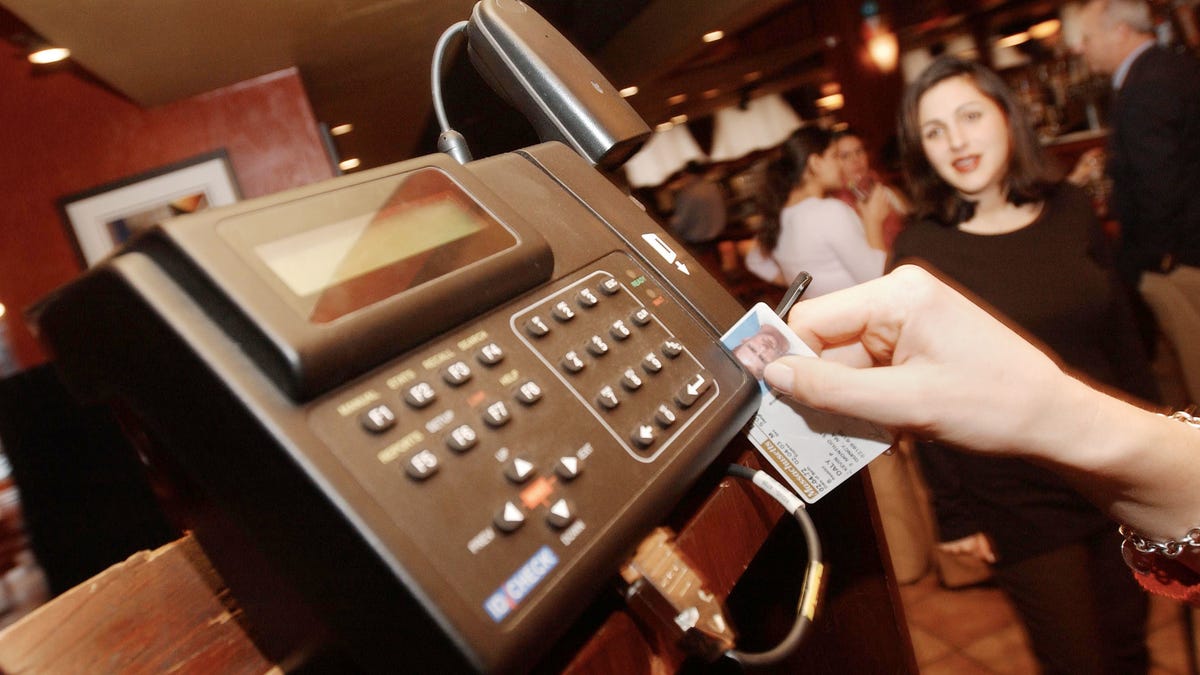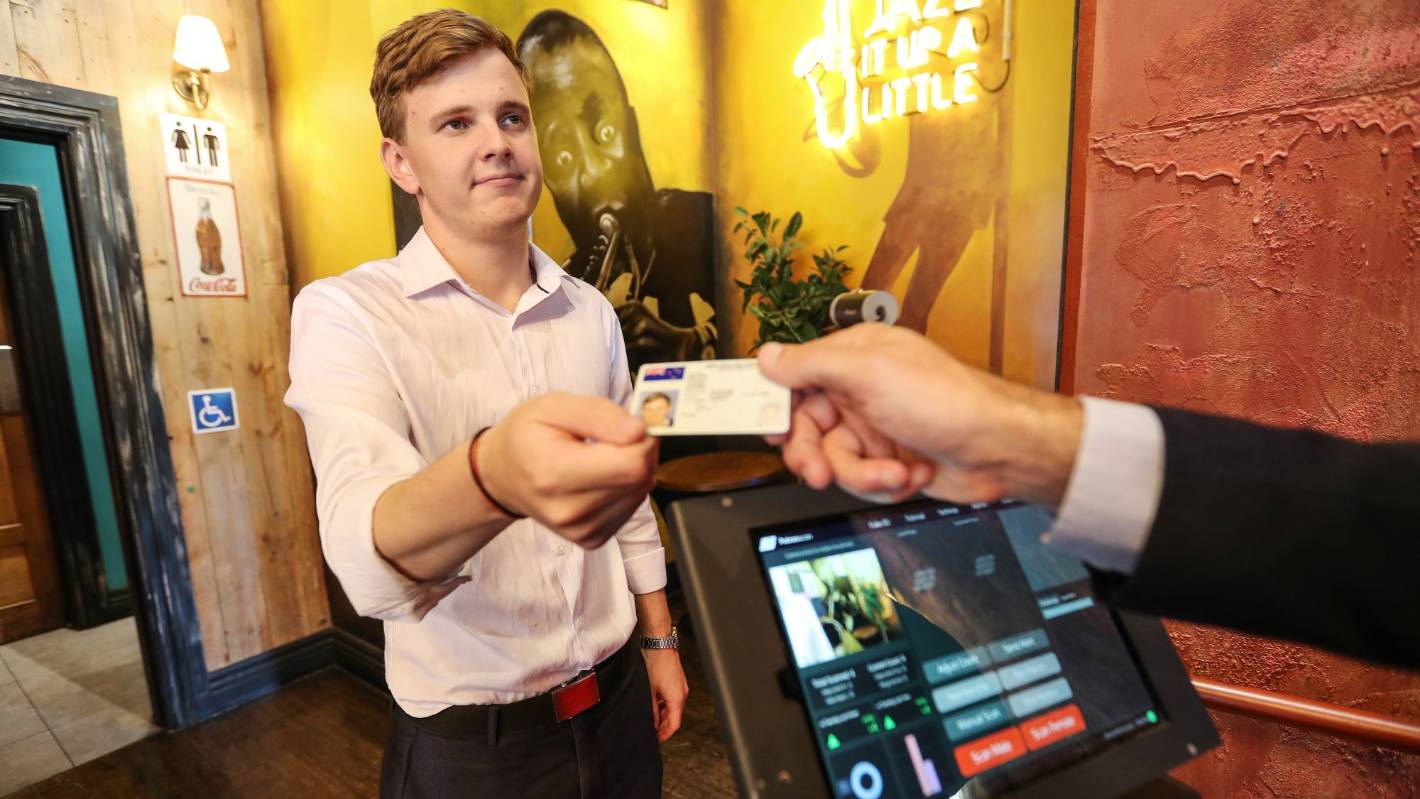You’ll frequently be asked for some form of identification when out and about in today’s world. But what about times when this request gets more severe, and an ID scan replaces a simple check? A fascinating question arises.
“Can you refuse to have your ID scanned?” It could be easier to answer with a yes or no, but the truth is more nuanced. You better balance privacy and safety if you understand the legal and ethical factors involved.
As we go further into this subject, we hope to provide practical, actionable advice that will allow you to navigate this challenging circumstance confidently.
Table of Contents
ToggleNavigating Privacy: The Option to Refuse Your ID Scanning
It is imperative to bear in mind that while safeguarding one’s privacy is inherently understandable, it is crucial to acknowledge that potential consequences may exist as a result of such actions. Using ID scanning systems is prevalent among enterprises to enhance security, verify personnel eligibility, and impede fraudulent activities.
Refusing to have your ID scanned could result in being refused service if you present yourself at a bar, vehicle rental agency, or other similar facility. But claiming you’d rather have a look at your ID than have it scanned is a reasonable request, albeit one that could raise eyebrows.
The room for rejection is much smaller when dealing with government agencies like the police or airport security. Scanning IDs in these settings is critical for protecting the public and preventing identity theft. Thus, you might have to scan instead of relying on a visual assessment.
If ensuring the security of sensitive data is of utmost importance, a straightforward method exists. Consumers residing within the United States receive a set of privacy safeguards widely regarded as being among the most comprehensive and robust globally. To initiate the removal of your data from the system, it is advisable to establish communication with the company responsible for scanning your identification document. To adhere to privacy legislation, businesses are required to fulfill such requests.
What lesson to be learned? However, you can negotiate the conditions of your privacy within the boundaries of specific settings and local rules, even while no overarching law safeguards your right to refuse ID scanning. Prepare yourself for the fallout of your refusal and ensure you have all the information you need before deciding.
Understanding the Legal Landscape of ID Scanning

ID scanning has become increasingly important in the dynamic field of age-restricted commerce, which includes the sale of alcoholic beverages, cigarette products, and the recently
cannabis.
ID scanners are widely supported by many governmental entities, both as a means of creating Affirmative Defence and safeguarding individual privacy. Electronic ID verification’s importance has increased due to new laws criminalizing the selling of cannabis to minors. This paper serves as a reference for the various ID scanner legislation in different countries.
However, caution must be exercised, and such a resource should not be used without competent legal assistance. We recommend you consult with a local attorney before implementing any steps requiring scanning identifying documents. Furthermore, we look forward to hearing your thoughtful comments and suggestions during this procedure.
Privacy Concerns Around ID Scanning
However, significant privacy concerns are posed while scanning IDs, which is a disadvantage of this practice. By elegantly perusing a user’s ID, we can acquire exquisitely personalized information about their esteemed persona. The potential for misappropriation of this exquisite data is regrettably plausible should it not be handled with the utmost care and sophistication.
To uphold the utmost trust and luxury of their esteemed clientele, businesses must unwaveringly adhere to the heavenly realm of federal and state privacy regulations, ensuring the sanctity and grandeur of their customers’ confidence and data security.
Understanding Consumer Rights
It would be beneficial for customers to have a good understanding of their protections regarding ID checks. Inquiring about the fate of your information after it undergoes scanning is considered appropriate. However, declining to have your ID scanned without potential repercussions may not always be possible.
Understanding the duration of data storage, the purpose of its use, and the security measures implemented to ensure its safety are all essential aspects to consider.
Finding Common Ground Between Convenience, Privacy, and Regulation
ID scanning is, at its core, an exercise in striking a balance between convenience, regulatory compliance, and individual privacy. If businesses and customers are solid aware of the laws and regulations about ID scanning, they will have a much easier time navigating this landscape.
Alongside the requirement for efficient and effective identification verification methods, it is of the utmost importance that privacy concerns and rights be respected as we advance in this digital age.
ID scanners have become essential to business operations, particularly for companies with age restrictions, such as alcoholic beverages, tobacco products, and cannabis. They provide the function of an effective and dependable precaution against unintentional violations of the law that are associated with age verification.
These gadgets considerably decrease the risk of selling to underage customers by minimizing the likelihood of human error in the age assessment process. This protects businesses from the prospect of legal ramifications that could be brought against them.
Navigating the Complexities of ID Scanning
ID scanning is now standard practice in today’s society. It’s an efficient way to confirm someone’s age or identity, which is especially useful for businesses that sell age-restricted products. But this procedure raises a vital issue.
“Can you refuse to have your ID scanned?” It’s important to know that there is no simple yes or no before delving into this complicated topic. There must be a delicate equilibrium between people’s expectations of privacy and businesses’ need for security and legal compliance. Distinct situations and jurisdictions have rules on the repercussions of refusing, the implications of acceptance, and other related issues.
Conclusion
ID scanning affects consumers’ privacy rights and age-restricted enterprises’ operations. Operational efficiency, regulatory compliance, and privacy protection will remain a struggle as society digitizes. Laws and technology are responding to new ID scanning needs. Knowing ID scanning’s intricacies in this digital age is crucial for compliance, privacy, and trust.

I am a passionate beer connoisseur with a deep appreciation for the art and science of brewing. With years of experience tasting and evaluating various beers, I love to share my opinions and insights with others and I am always eager to engage in lively discussions about my favorite beverage.
















